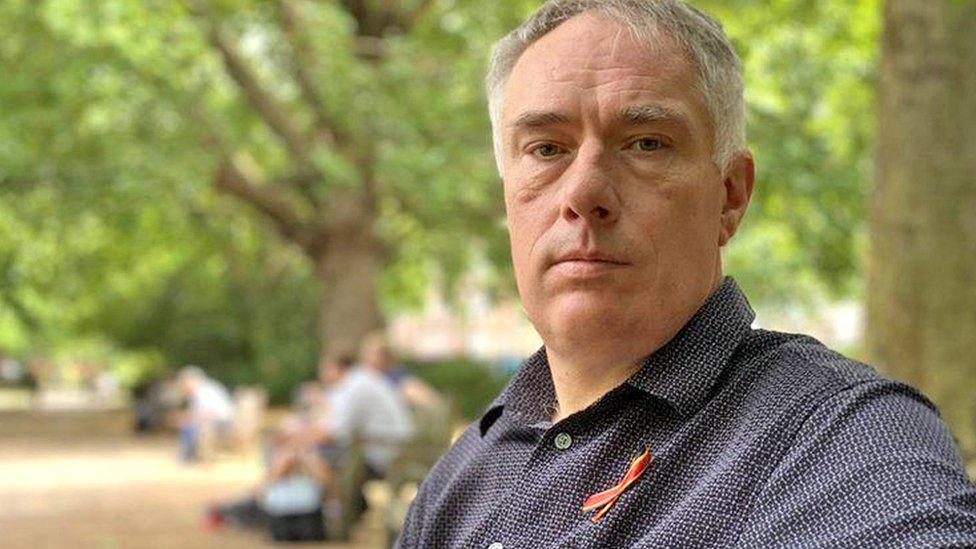Contaminated blood scandal victims 'finally being recognised'
- Published
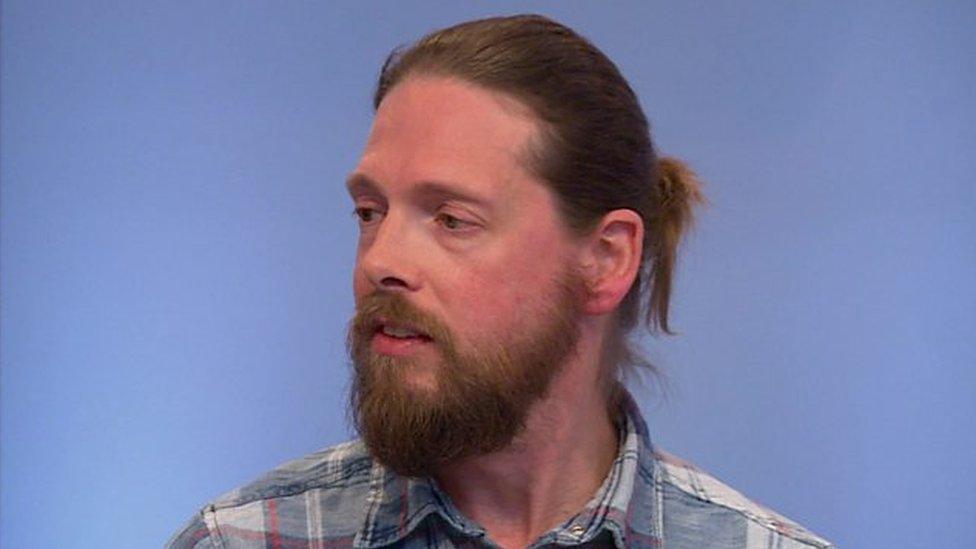
Andy Evans co-founded the group Tainted Blood and gave evidence at the inquiry
A campaigner said recommendations from the chair of the infected blood public inquiry shows victims were "finally being recognised".
Judge Sir Brian Langstaff said parents and children of victims of the contaminated blood scandal should receive government compensation.
Andy Evans, of Evesham, is among thousands infected with hepatitis and HIV after receiving contaminated blood.
He welcomed the news and said until now many victims felt "left out".
In August 2022, the government agreed to make the first interim compensation payments of £100,000 each to about 4,000 surviving victims, and bereaved partners.
"Up to this point, the first interim compensation payment was made to victims and their partners only," Mr Evans said.
"The community really felt that section of the community, the parents and the children, had been left out.
"It's so good to hear the recommendation Sir Brian's put forward really takes into account everybody's circumstances and understands the effect this can have on family members."
After making his recommendations earlier, Sir Brian said a final compensation framework should be set up by the end of the year for those individuals and other groups.
The government must now respond to his recommendations.
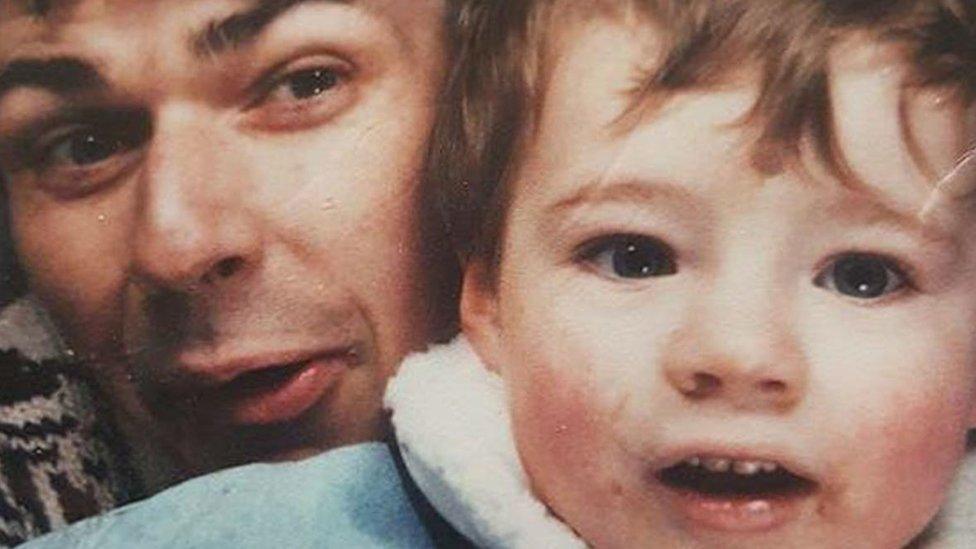
Jason Evans, from Coventry was four when his father, Jonathan, died in 1993
The inquiry has been running since 2019 after being set up to examine the deaths of more than 3,000 people who died after contracting HIV or hepatitis C via NHS treatments in the 1970s and 80s.
Patients with haemophilia and other blood disorders became unwell after being treated with factor VIII or IX.
The medication was imported from the US where it was made using pooled blood plasma from paid donors, some of whom came from high-risk groups including prisoners and drug-users.
Jason Evans, from Coventry, has campaigned for years after his dad died after receiving the treatment and also welcomed the findings.
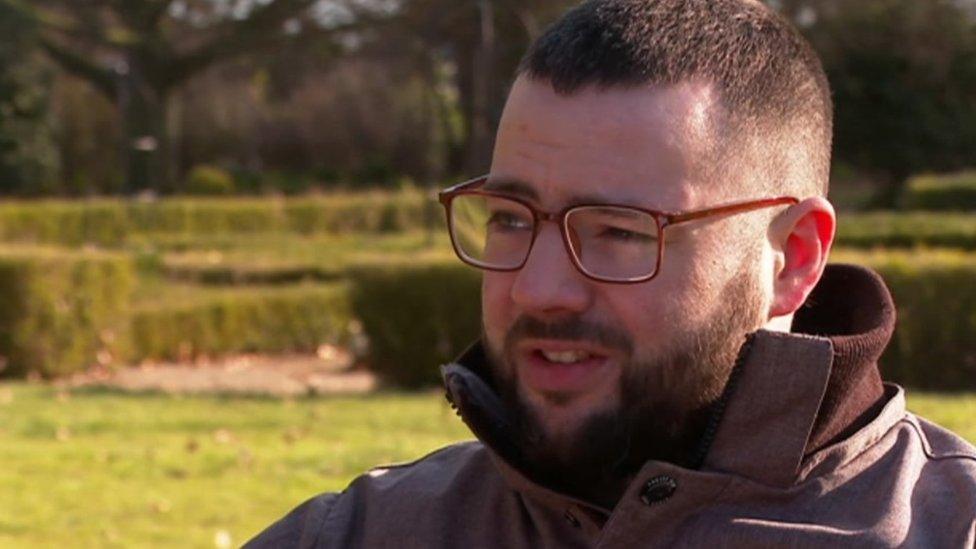
Jason Evans said delays to compensation risked "compounding the harm" to victims
"This fight for recognition and justice has gone on for the best part of three decades," he said.
"My father died when I was four-years-old in 1993 - I'm now 33. Any further delay is not only unnecessary, it will only compound the harm."
The inquiry team is then expected to produce a final report into the scandal, with a list of recommendations, at some point in the autumn.
A government spokesperson said the government was continuing preparations for responding to that final report.

Follow BBC West Midlands on Facebook, external, Twitter, external and Instagram, external. Send your story ideas to: newsonline.westmidlands@bbc.co.uk, external
Related topics
- Published5 April 2023
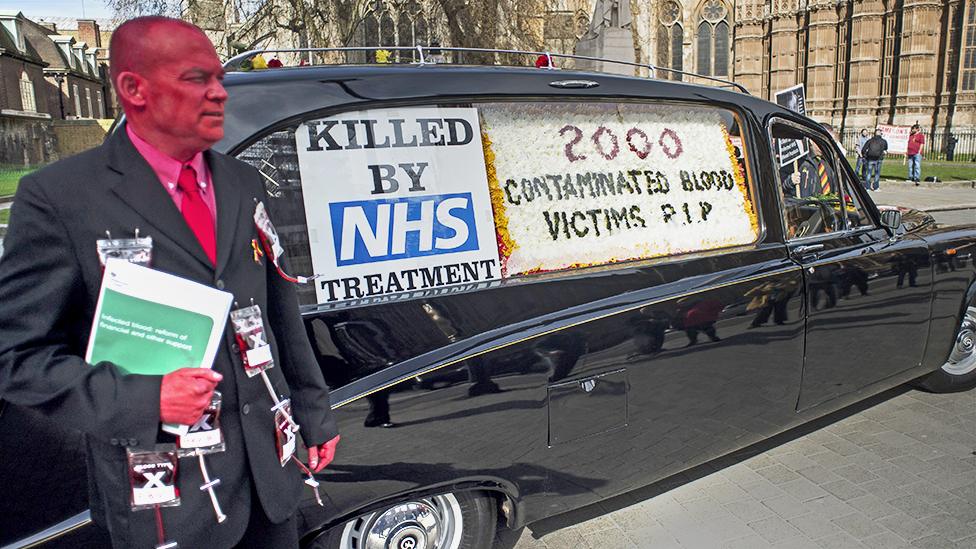
- Published3 February 2023

- Published3 February 2023

- Published9 November 2022
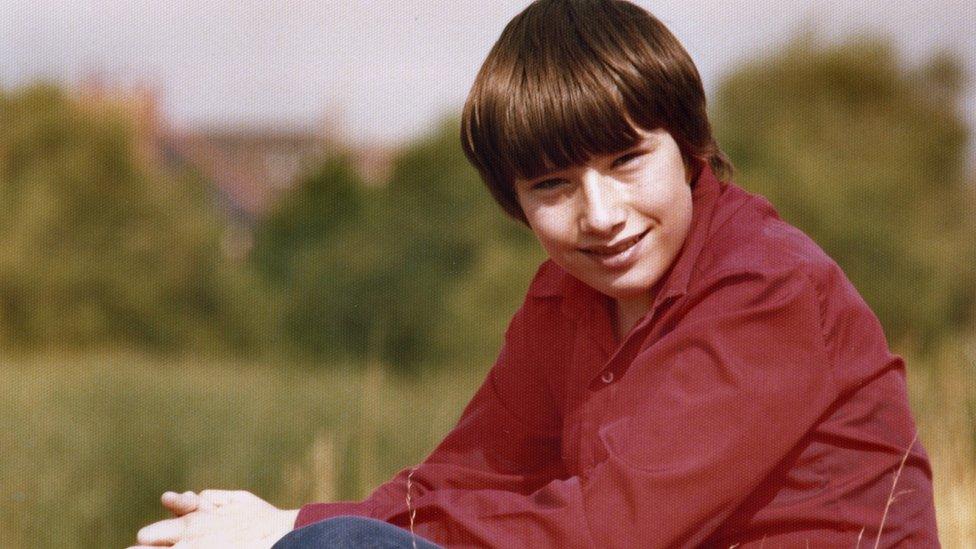
- Published22 October 2022
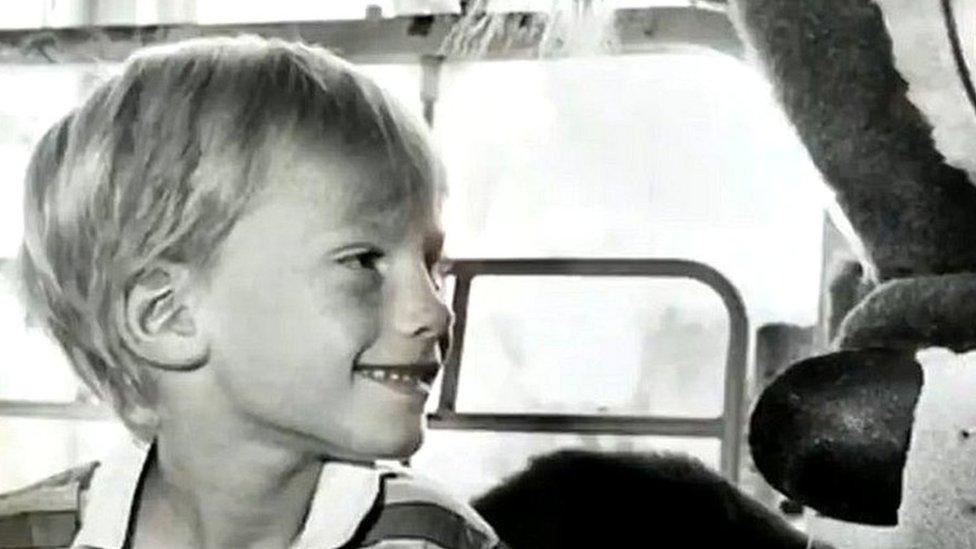
- Published30 September 2022
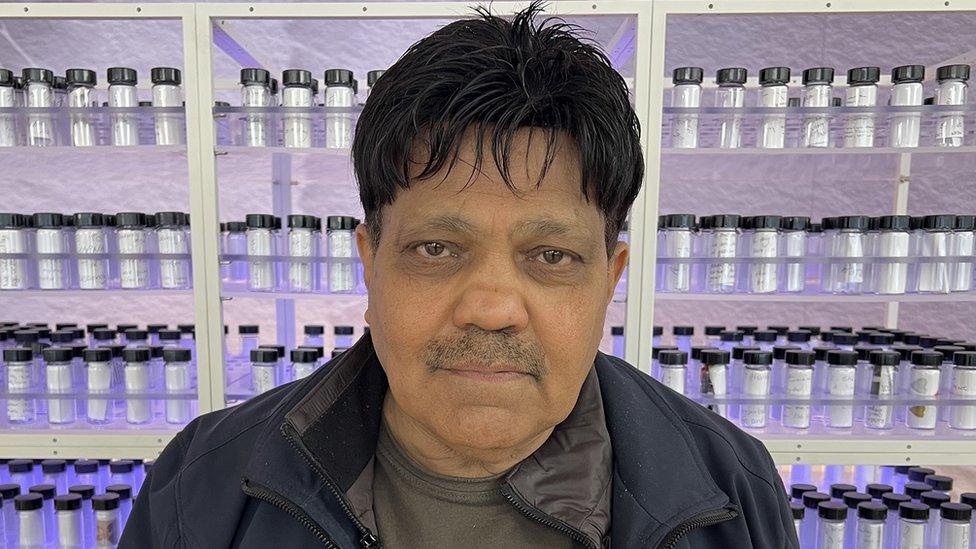
- Published30 July 2022

- Published17 August 2022
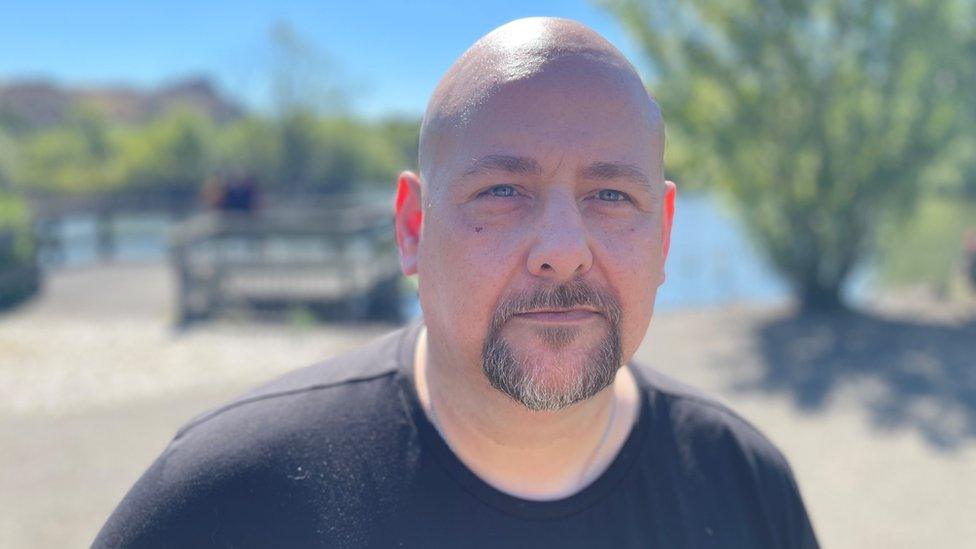
- Published29 July 2022
